Top Tips for Writing Catchy Headlines: Dos and Don’ts
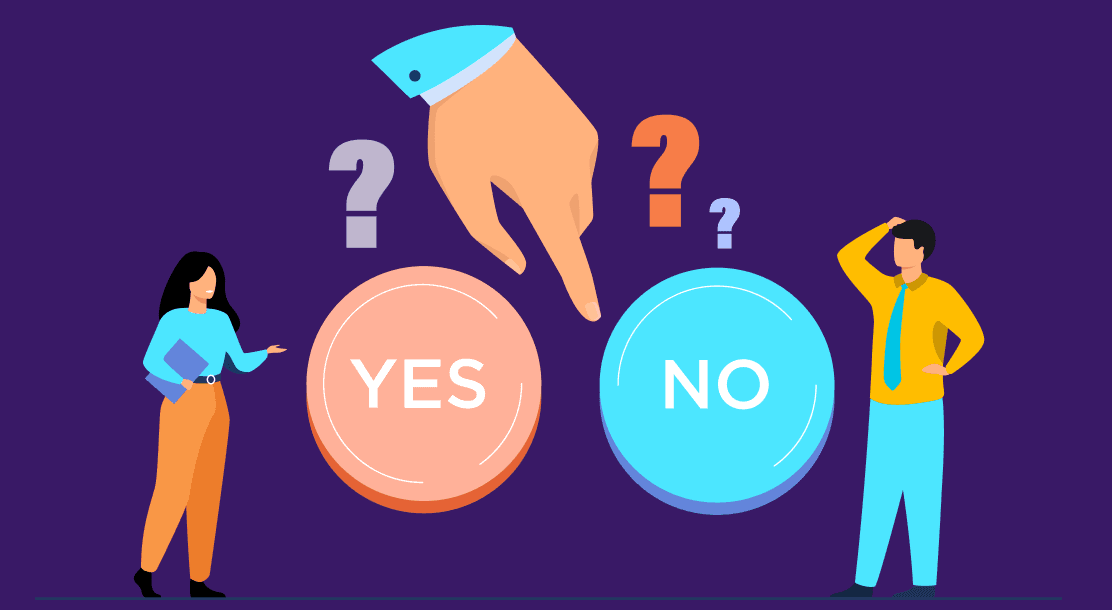
Writing an excellent, well-researched content piece is fantastic. But there is no point in writing such content if nobody knows about it? A catchy headline is an advertisement for your content, and writing a great headline is an art.
In a world where we’re bombarded with information from all sides every day, it can be hard to get noticed when you don’t have ideas that get people talking. The best solution is to develop compelling headlines to convince people that your content is worth their time.
Whether it is an article, a list of products, or anything else, it needs to catch people’s attention, thus persuading them to read more. A viral headline can do wonders for your content. It is one of the crucial elements of a viral content piece. Similar content with two different headlines could get shared twice as much. It can attract more people to social media platforms and make them take action as per your goals.
Good headlines are an opportunity for you to build an emotional connection with your readers. So what are the few things you can do to write a catchy headline? What will make your headline viral and clickable? Read on to find out the dos and don’ts of writing captivating, surprising, and clickable viral headlines.
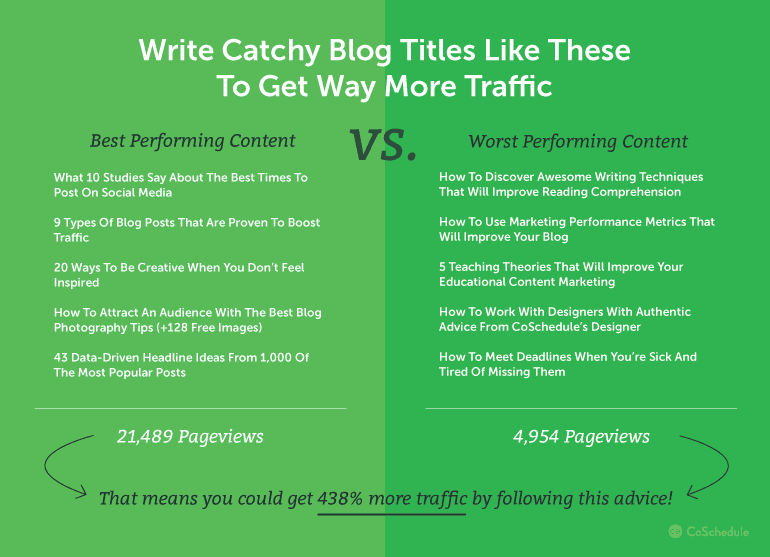

Dos of Writing a Catchy Headline
Let us look at some of the dos that can help you write catchy headlines.
- Highlight a problem
When writing viral headlines, you need to focus on the topic of your article. For example, if you are writing a post about business development and how to scale it, highlight a common issue in the headline that people face when attempting to build a business.
You can use questions such as:
- Why is it so hard to grow my business?
- How can I increase my sales?
- Include numbers
People like things that are easy to read and grasp, and using numbers instead of text is one way of doing this. Numbers help your readers organize information in a better way. They will be able to understand what they are reading faster than if you use just text.
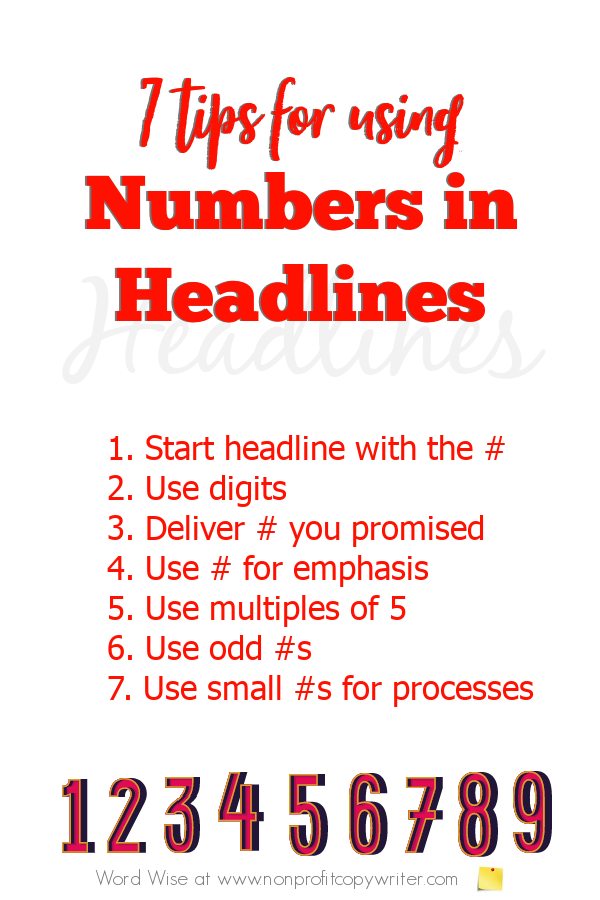
So, for the same headline above — “Why is it so hard to grow my business?”— here is an example of a catchy version: “10 reasons why it’s hard to grow your business.” Instead of saying, “Top Ways To Do Something,” you could say, “10 Ways To Do Something.”
- Evoke curiosity
You must not give away every single detail about your product in your headline. Instead, you should make sure it is interesting enough that someone will read the rest of what you have to say.
A great way to write catchy headlines is to include an unexpected twist or turn. For instance, “The New Apple iBattz Battery Charger Is Here — Are You Ready?” may be a straightforward comparison until you realize that manufacturers have removed the top of the battery pack, revealing a tiny computer inside!

- Surprise and break conventions
You can offer your audience something unusual or pleasantly unexpected — something that will make them desire more. It is essential to do this because you have a higher chance of standing out if you buck the convention if you break it expectedly and not too contrived.
It is also important to remember that your readers will pick up on these things right away, so do not go overboard. For example, when writing catchy headlines about startup culture, you may be tempted to write, “the best cities for startups.” It assumes everyone knows what a startup is and what makes one successful. Instead, try something like, “The surprising truth about startup cities.” It is far more likely to catch your reader’s attention.
- Play with power trigrams
The power trigrams are two- or three-word phrases that readers find familiar and trustworthy. Headlines that use trigrams like “how-to,” “why you,” and “will make” work very well. They are a great way to start writing viral headlines because they grab the viewer’s attention and cause them to read on.
They include:
* New research shows,
* How to [do something],
* [Number] reasons why,
* Secret(s) of [some action],
* What you need to know,
* Don’t miss out on, etc.
Of course, you do not need to use a trigram in every headline, but using it in your main headline can be a great idea because it will strengthen your headline.
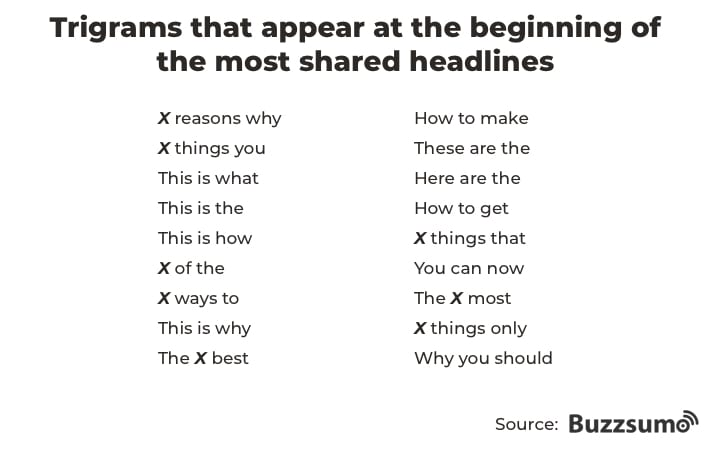
- Ask questions
Many of us get stuck when writing viral headlines because we do not know how to start. A great way is to ask questions related to your product or service. It gets your reader thinking about the answer, and then they will want to find out what else you have to say about it.
For example, “Do you know what your business needs?” or a more general question, such as “Are you taking advantage of every opportunity?” It can help direct people to other marketing material you have created that contains more information about your product or service.
- Offer a sneak-peek
Your headline should give your readers some idea about what they are about to read. This way, they know whether they want to continue reading or not. Most people don’t have time to browse through each article they come across.
They just want to get information quickly while scrolling through their social media feed. So you must make sure while writing viral content that your headline talks about your article’s content before they even click on it. Some examples include:
- 5 Tips to Improve Your Credit Score
- 10 Ways To Make Your Side Hustle a Success
Instead of writing “The Best Ways to Lose Weight,” say “The Best Ways to Lose Weight that No One Talks About” or “The Weirdest Ways to Lose Weight That Works.” You can also add numbers (like 7 or 10) or another element that will intrigue visitors and make them want to read the rest of your article.
- Make it informative, valuable, and practical.
Content marketing is all about providing value to your audience – and this is something you need to keep in mind when writing viral headlines. Make sure your headline accurately captures what your content will discuss and that it promises something useful for your target audience.
For example, instead of writing: “How I Got 100 Email Subscribers in Just One Day,” say, “How I Got 100 Email Subscribers in Just One Day—And How You Can Too!”
- Hit on emotions
According to an analysis conducted by Outbrain, viral headlines that generate high engagement rates tend to be those that trigger some sort of emotion in readers. Whether it is curiosity, anger, happiness, or loss – your headline should hit on emotions that will spark interest. It is one of the best ways to make your headlines go viral!
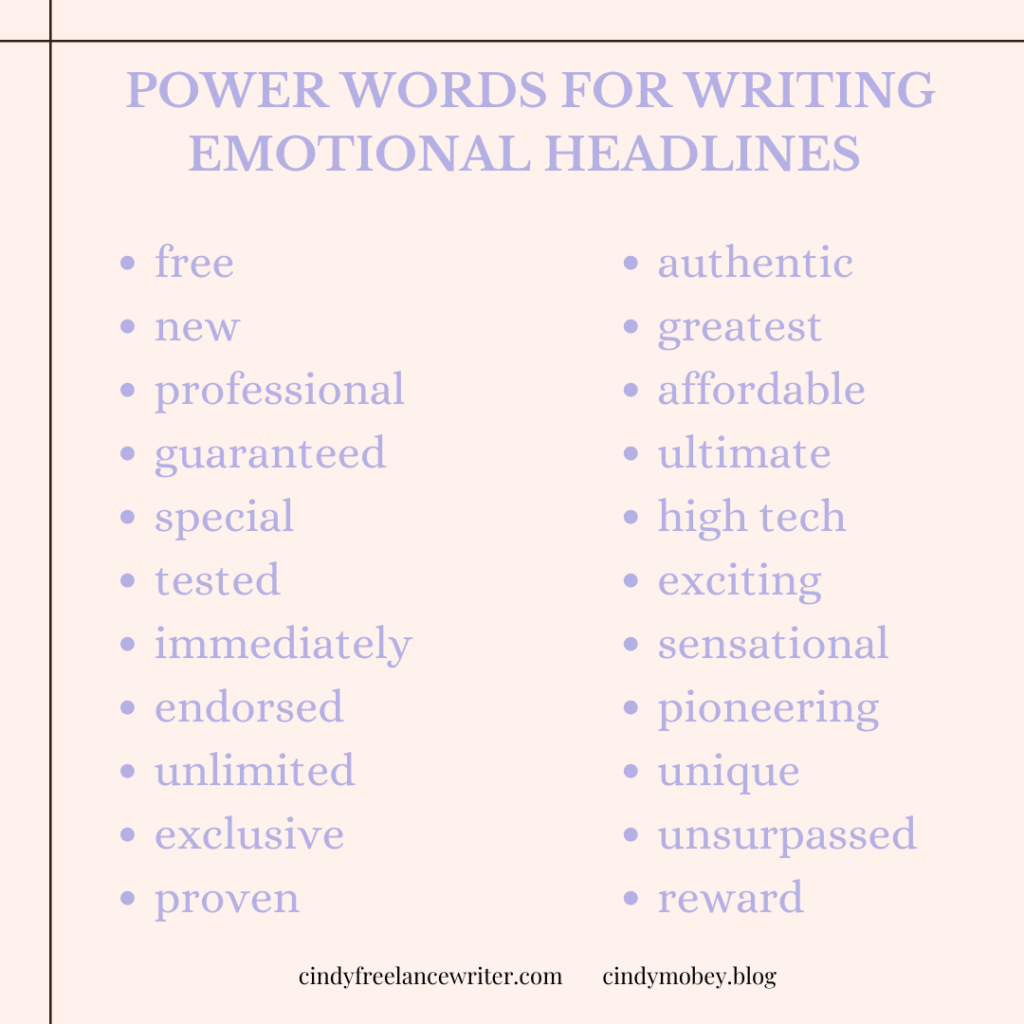
Take, for example, headlines like “Five Ways To Make People Like You More” or “Six Tips For Being More Attractive.” It is no accident that these headlines trigger an emotional response in the reader, making them more likely to click through.
It’s a great place to start if you can find a way to connect your topic to something emotional. If you have a fantastic story that nobody else knows about and you want to share it with the world, take inspiration from the following headlines:
“This News Anchor Quit His Job Live On Air. You’ll Never Guess Why.”
Or perhaps your content has some shocking statistics or facts that could grab the readers’ attention:
“You’ll Never Guess How Much Time We Spend on Facebook Every Day!”
Maybe your content is just funny and will make everyone laugh:
“Your Next Flight Could Be Delayed Because of This Hilarious Reason! (Seriously!)”
- Address the reader directly
The best headlines speak directly to the reader using “You” and “Your.” They also talk about topics readers care about, like saving money, getting more done, or getting better at something.
For example, if you want to write catchy headlines for a new e-book about social media marketing, instead of “How to Make Money with Facebook Ads,” try “How You Can Make Money with Facebook Ads.”
By personalizing your headline, you can make the reader feel like the topic is directly related to them.
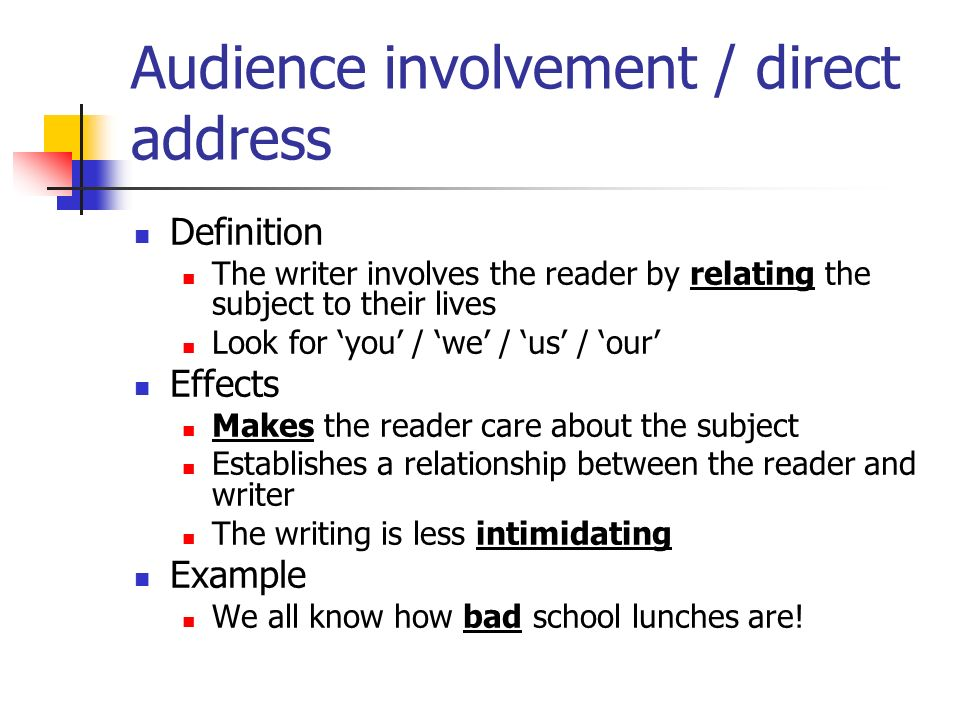
- Keep it simple
You don’t need to use uncommon big words or complex sentence structures to make an impact. Simple copy with short sentences and easy-to-read recognizable words will get more clicks than something that sounds complicated.
Don’ts of Writing A Viral Headline
Keep in mind the following points before finalizing a headline.
- Don’t write a sentence.
Your headline is not your title; it is your hook. A hook can be a phrase or even a single word. The only purpose of the viral headline is to drive clicks/engagement. Once people click through to read more, you can put them through the entire sales funnel with your content and CTA buttons.
If you think sentences are good for headlines, you must remember that the goal is to grab people’s attention. Instead of a sentence, think about writing short phrases or even just one word. Remember, this is your chance to make a solid first impression on potential readers. If you fail to do that with your catchy headline, people may not click through and read the rest of your content.
- Don’t write clickbait headlines.
They are like catnip for humans. Moreover, they are irresistible, but once you click on them, you realize that it was all a trap that did not give you what you wanted. Clickbait headlines often contain words such as shocking or unbelievable.
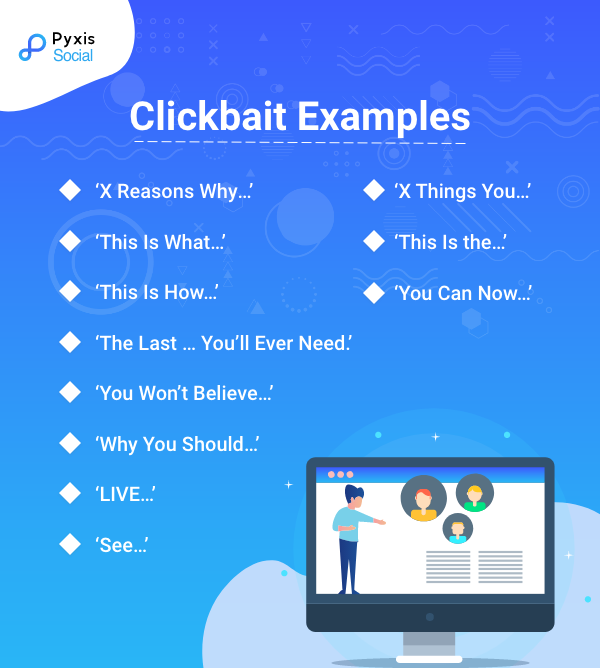
The goal with these types of catchy headlines is to get people to click through by making them curious about the content in the article. Clickbait headlines promise something incredible without actually delivering the promised content. It makes people furious and less likely to read your posts in the future.
Your blog post should deliver on the promise made by the headline. If it doesn’t, visitors will bounce back from your page in seconds, and Google will never rank your blog post on top because of the high bounce rate (if you care about Google rankings).
Here are some examples of clickbait headlines:
“You Won’t Believe What Happened Next!”
“This Video Will Change Your Life!”
- Don’t forget the dos.
Last but not least, if you keep the above-listed dos in mind, there is a rare chance of making a horrible mistake in writing a catchy headline. And make sure you create multiple headline options for a single content piece.
The Final Word
Writing catchy headlines is undoubtedly one of the most significant parts of writing viral content. It makes no difference how good the story is if the headline fails to pique the viewer’s interest.
You have to make your headlines irresistible if you want them to be shared and clicked on. The most important thing for writing viral content is to put yourself in the reader’s shoes. Forget about what you have to say; instead, think about what the reader wants to hear. Create a list of all the questions they might have (related to your niche) and try to answer them through your headline.
Key Takeaways
- The most effective headlines use “you” and “your.”
- Write something that triggers an emotional response in your audience.
- Write catchy headlines with power trigrams and numbers.
- Evoke curiosity by asking questions in your headlines.
- You don’t need to use big words or complex sentence structures to make an impact.
FAQs
A good headline contains not more than sixty-five characters.
You have to decide what makes your content shareable and clickable, what makes someone take action to read more, and the value offered in your content. Once you look for these answers, you will discover your headlines naturally as you write.
Catchy headlines not only get clicks on a blog post title but also drive traffic from social media sites like Facebook and Twitter.
They start with How to, What to do, Why, etc., and end with a question mark.
Latest Blogs
Explore how Google’s 2025 AI search updates triggered ranking chaos. Learn actionable strategies to adapt your SEO for AI Overviews, zero-click searches, and SERP volatility. Stay ahead now.
Learn how to rank on AI search engines like ChatGPT, Perplexity, and Gemini by optimizing your content for authority, structure, and relevance. Stay ahead in AI-driven search with this strategic guide.
Explore the best healthcare SEO services for your medical practice. Improve online visibility and effectively reach more patients in need of your services.
Get your hands on the latest news!
Similar Posts

B2C Marketing
5 mins read
Top Choices for Best Content Marketing Services in B2B Industries

Artificial Intelligence
5 mins read
How A Lead Generation Specialist Can Use AI-Powered Content Funnels to Drive Conversions

Artificial Intelligence
4 mins read